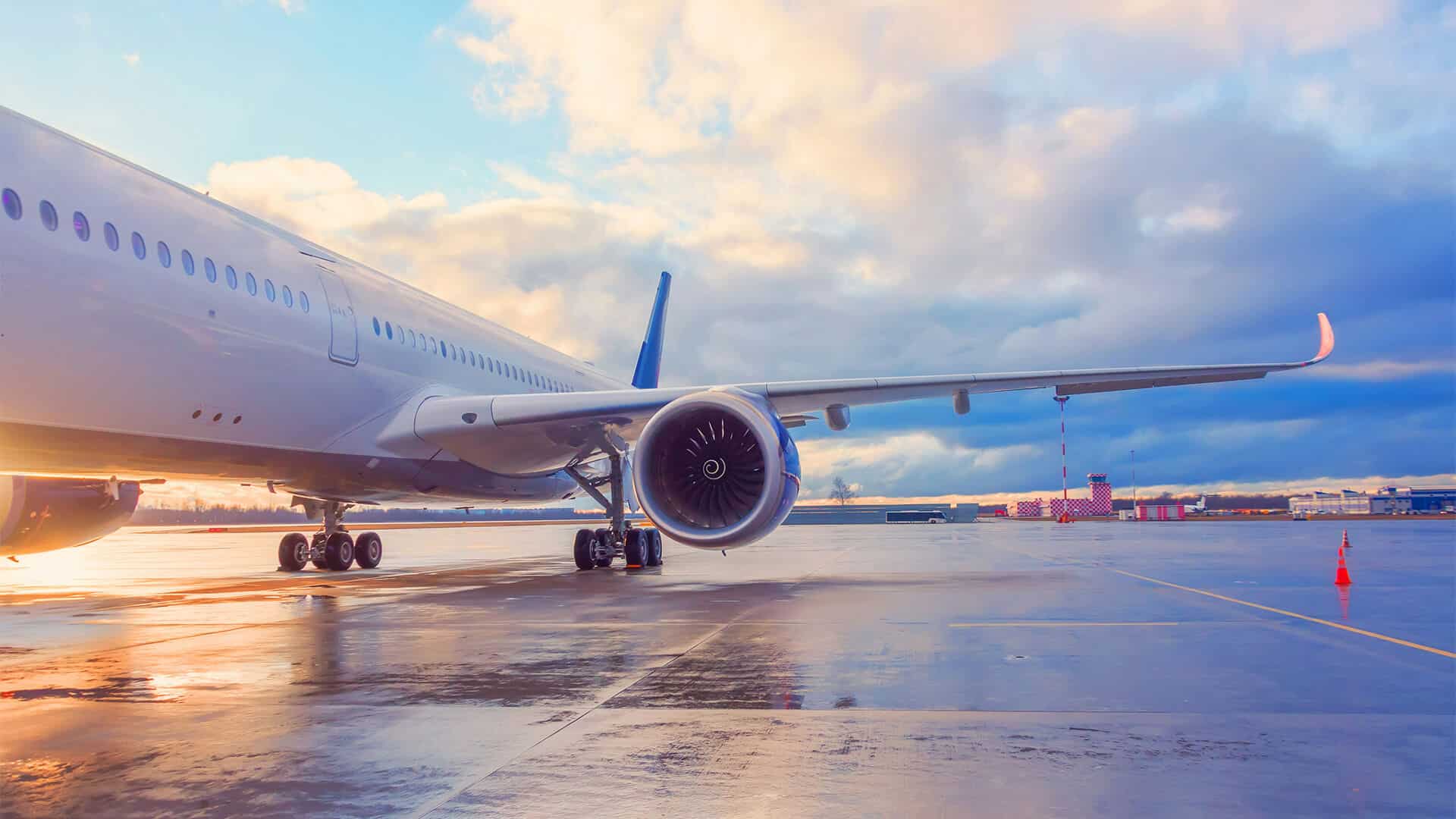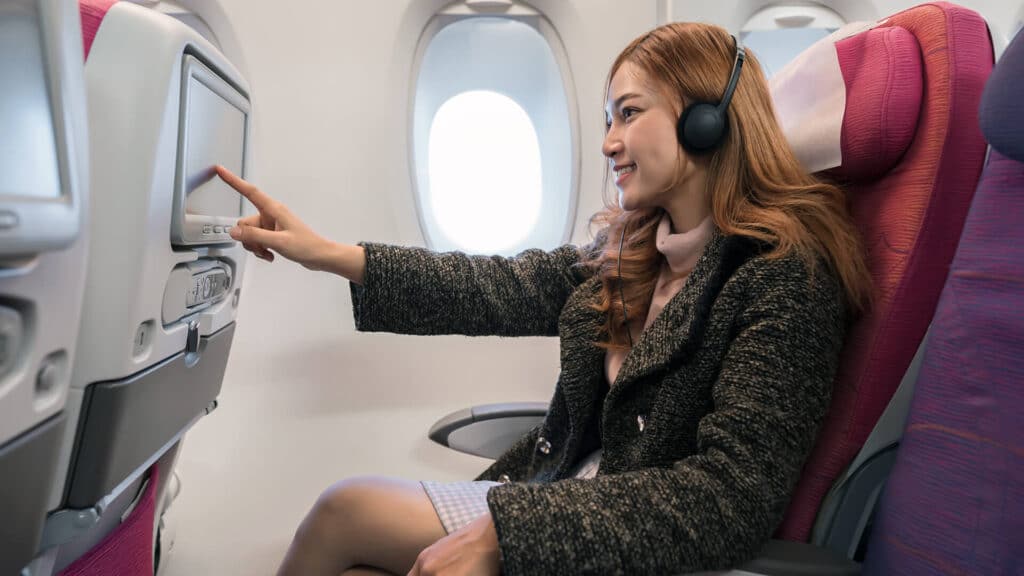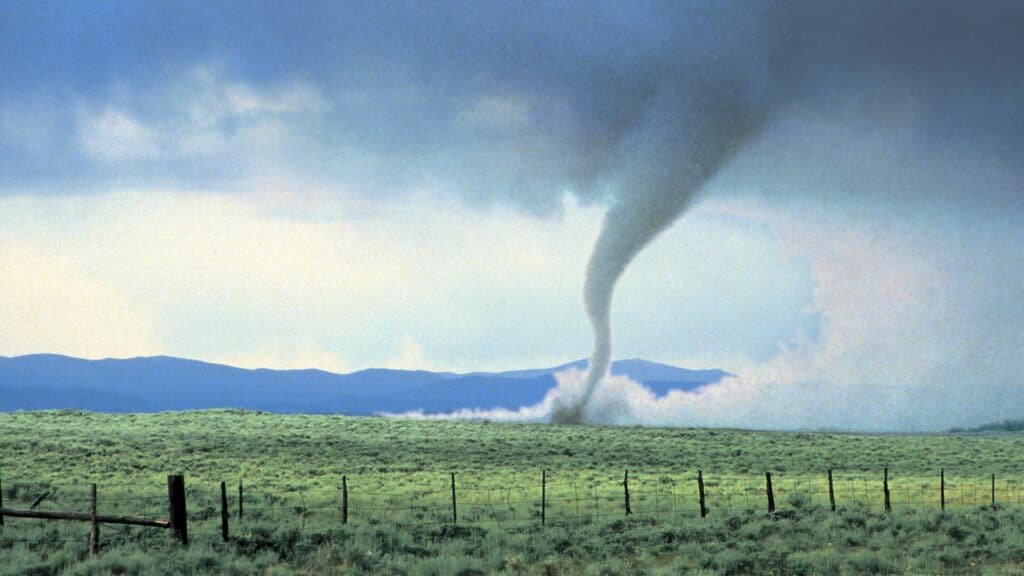British billionaire Richard Branson has successfully traveled to the edge of space, making history in the realm of private spaceflight.
Attached to a larger twin-fuselage aircraft, Virgin Galactic’s VSS Unity, a SpaceShipTwo suborbital spaceplane, launched from New Mexico at 10:40am ET on Sunday morning. Detaching from the carrier plane at an altitude of roughly 45,000 feet, according to Time, Unity then ignited its rocket engine to shoot off toward the edge of space.
There is no single, standard definition for the boundary between Earth’s atmosphere and space. The Federal Aviation Administration (FAA) considers 50 miles above sea level as the point where space begins. However, the arguably more popular Kármán Line definition sets the edge at 62 miles, and higher still is NASA Mission Control’s 76-mile demarcation.
Unity transcended the FAA threshold. 53.5 miles from the Earth’s surface, Branson and crew experienced a few minutes of weightlessness before returning to Virgin Galactic’s Spaceport America.
“I think like most kids I have dreamt of this moment,” Branson said, “but honestly nothing could prepare you for the view of Earth from space.”
Unity touched down safely in the New Mexico desert, where hundreds of guests and reporters had gathered to witness the event. Branson referred to the trip as the “experience of a lifetime” and described Virgin Galactic as “the spaceline for Earth.”
He and his crew – pilots Dave Mackay and Michael Masucci, Chief Astronaut Instructor Beth Moses, Lead Operations Engineer Colin Bennett, and Vice President of Government Affairs and Research Operations Sirisha Bandla – received gold pins in recognition of their new designation as commercial astronauts.
Branson later announced plans to give away two seats on VSS Unity in partnership with the fundraising company Omaze. In doing so, he aims to raise money for the non-profit Space for Humanity, whose mission cites the democratization of space.
The question of whether space “belongs to all of us,” as Branson has previously stated, has but one clear answer: no, at least not yet. For now, his success bears significance for only the wealthiest private citizens – those who can afford to dole out $250,000 per ticket aboard the Virgin Galactic spaceplane, according to The Atlantic.
Branson is not alone in his efforts; Amazon’s Jeff Bezos and Tesla’s Elon Musk are also working toward the realization of a space tourism industry. But in light of how the last year and half has unfolded – full of job loss, suffering, and death – would the excess wealth enjoyed by such billionaires, unimaginable to most, not be put to better use improving the conditions of those for whom escape from planet Earth is not an option?



















